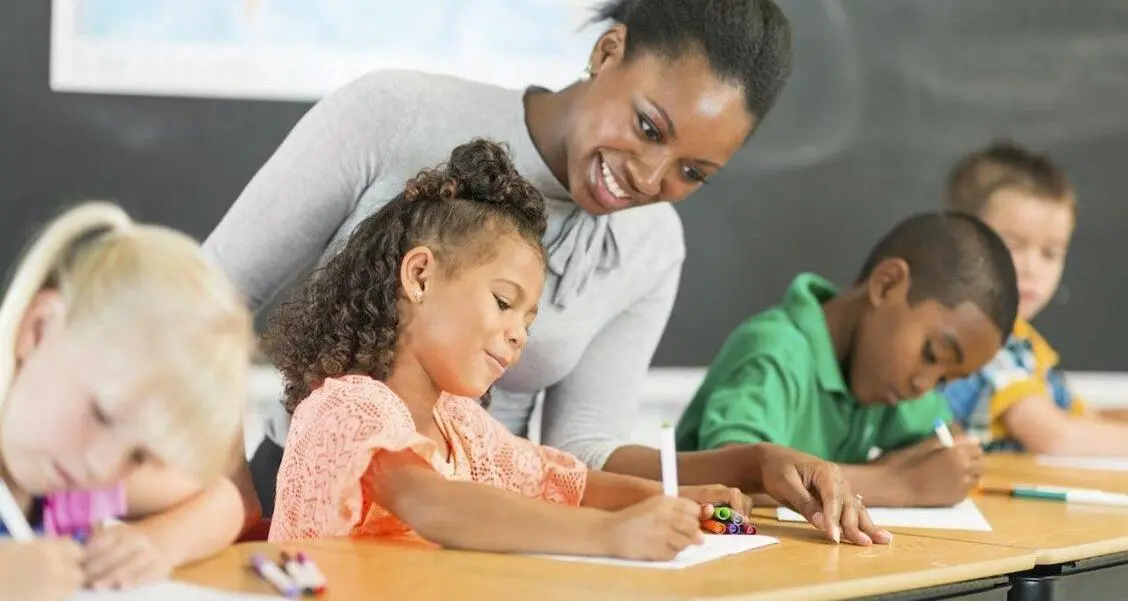
Developing a good rapport with pupils is essential to teaching effectively. A greater connection between educators and students makes the classroom a helpful, interesting, and productive place. This blog examines the value of solid relationships, their effect on student outcomes, and doable tactics that educators can implement to build these bonds.
Why Are Strong Relationships Important?
A dynamic and healthy learning environment is built on the foundation of strong relationships between teachers and students. Effective teaching and learning depend on the development of these relationships, which foster mutual respect, trust, and understanding. Students are more likely to participate in the learning process and exhibit resilience in the face of difficulties when they believe that their teachers value and understand them.
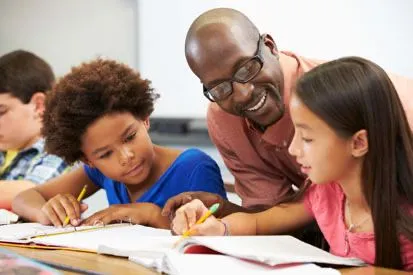
Enhanced Engagement and Motivation
When they have a personal connection with their teachers, students are more driven to study. Developing a good rapport with students inspires them to take initiative, pose inquiries, and engage fully in class. Academic achievement and in-depth learning depend on this engagement.
Emotional and Social Support
Pupils frequently turn to their teachers for social and emotional support. Good relationships between students can offer a secure environment in which they can voice their worries and look for advice. During trying times like transitions, personal challenges, or academic demands, this assistance is especially crucial.
Academic Achievement
Studies regularly demonstrate that academic performance is higher for pupils who have close ties with their teachers. Students are more likely to stick with their studies, ask for assistance when they need it, and succeed academically when they feel understood and supported.
How Effective Are Strong Relationships?
It is impossible to exaggerate the value of strong relationships in schooling. Numerous positive outcomes have been linked to positive teacher-student relationships.
Improved Classroom Behavior
Positive ties between students and teachers reduce the likelihood of disruptive behaviors. An environment that is more organized and supportive of learning is created when students are aware of the standards and have a sense of accountability and respect for their professors.
Increased Attendance
Students are more inclined to attend consistently when they have a sense of belonging to their school and professors. A student's ability to succeed academically depends on their attendance patterns, which guarantee they don't miss any critical classes or chances to interact with the content.
Enhanced Mental Health
Student mental health can be positively impacted by having strong relationships with their professors. Students are less likely to suffer from anxiety and sadness when they feel heard and encouraged. Their entire development and prosperity depend on this emotional health.
How Can Schools Strengthen Relationships Among Students and Staff?
To foster positive interactions between staff and kids, schools are essential. The following tactics can be used to improve these relationships:
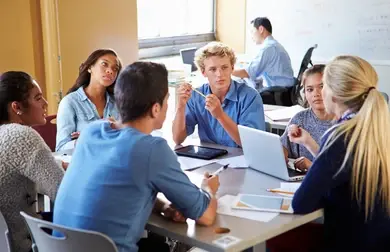
Professional Development
It might be quite advantageous to invest in teacher professional development that emphasizes relationship-building techniques. Training and workshops on empathy, effective communication, and classroom management can provide educators with the skills they need to build strong bonds with their pupils.
Mentorship Programs
Establishing mentorship programs in which seasoned educators guide novice educators helps foster a caring environment inside the school. This improves teacher-student interactions and demonstrates to pupils the value of having supportive relationships.
Inclusive School Culture
It is crucial to foster an inclusive school climate where each student is treated with respect and value. Diversity should be celebrated in schools, and children should be encouraged to value the views and histories of others.
Regular Check-Ins
Relationships between teachers and students can be preserved and strengthened by implementing frequent check-ins. Students can talk about their goals, problems, and progress during these planned or unstructured check-ins.
Which Adult Relationships Are Most Impactful?
Even though every adult contact in a student's life matters, some interactions might have an especially big influence on their growth and achievement.
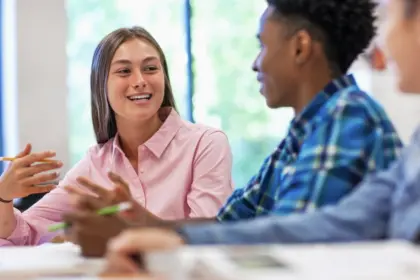
Teacher-Student Relationships
The most important relationship is perhaps the one between educators and students. Since they are frequently viewed as role models, teachers have the power to affect students' attitudes toward learning, self-perception, and goals for the future.
Parent-Teacher Relationships
Effective collaborations between educators and parents can improve the performance of students. Effective collaboration and communication between parents and educators can enable them to consistently encourage and reinforce positive behaviors and attitudes in pupils.
Counselor-Student Relationships
School counselors play a critical role in supporting the emotional and social welfare of pupils. Teenagers who establish positive relationships with counselors can have access to a trustworthy adult source for guidance and support.
How Should Schools Group Students Foster Relationships Between Adults and Students?
Putting kids in thoughtful groups can help to strengthen the bonds between teachers and pupils. Schools may want to think about the following strategies:
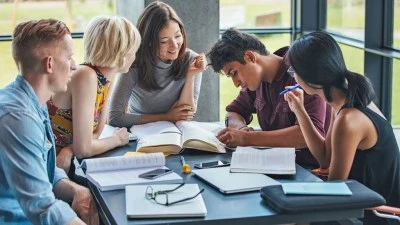
Small Learning Communities
In larger schools, forming small learning communities can facilitate students' development of stronger bonds with peers and teachers. These communities can offer a deeper feeling of community and a more individualized educational experience.
Advisory Periods
Opportunities for meaningful connections can be generated by instituting advising sessions, in which small groups of students meet with a designated teacher regularly. Academic support, social-emotional learning, and personal growth are possible topics of discussion in these meetings.
Mixed-Age Grouping
Putting pupils in age-appropriate groups helps encourage peer support and mentoring. Instilling a feeling of community and responsibility in younger students can be accomplished by older students acting as mentors and advisors.
How to Build Relationships with Students
Developing strong bonds with pupils involves deliberate work and dedication to comprehending and meeting their needs.
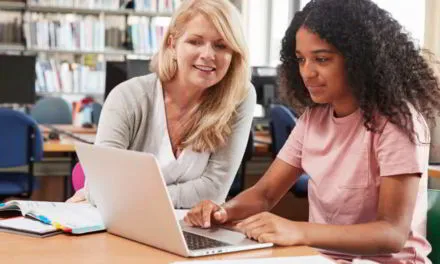
Show Genuine Interest
Building rapport and trust with students can be facilitated by taking the time to get to know their interests, pastimes, and backgrounds. Taking an authentic interest in students' life beyond their studies might help them feel appreciated and valued.
Communicate Effectively
Strong partnerships require effective communication. When communicating with kids, teachers should make an effort to be understandable, dependable, and personable. It's also critical to actively and sympathetically listen to the worries and criticism expressed by students.
Be Consistent and Fair
Building trust and respect involves being fair and consistent in expectations as well as disciplinary actions. When students believe their teachers are trustworthy and fair, they are more likely to react favorably.
Provide Support and Encouragement
Students' confidence and drive can be increased by providing support and encouragement. No matter how minor, acknowledging their accomplishments and efforts can have a big impact on how they feel about learning.
Conclusion
Building positive relationships with students is essential for creating a supportive and effective learning environment. These connections enhance engagement, motivation, and academic success while also providing emotional and social support. Schools can strengthen these relationships through professional development, mentorship programs, and fostering an inclusive culture.
To all teachers: never lose sight of how important it is to build relationships of trust with your students. Children may grow, feel significant, and thrive with your support in ways that will last a lifetime. If you found this guide helpful, consider implementing some of these strategies in the classroom and share your results with your colleagues. Try Class Connect Pro Blog to receive additional guidance and ideas on effective teaching methods. Together, we can make our students' learning environment even better.